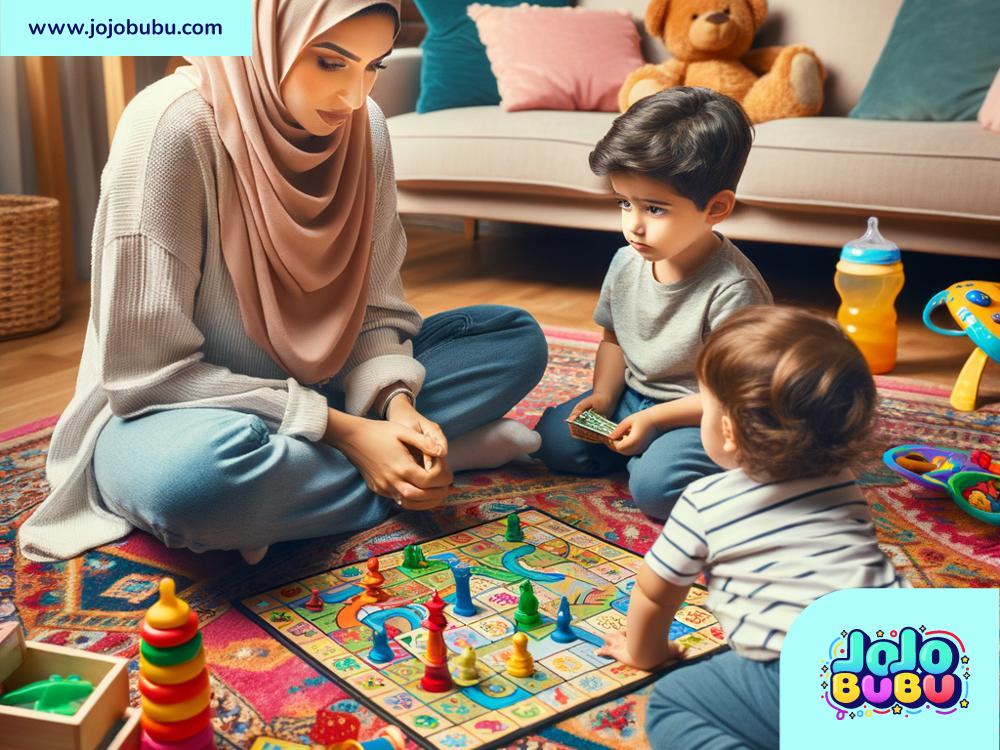Balancing Siblings’ Different Needs: A Parent’s Guide
Raising children is one of life’s most rewarding yet challenging tasks, especially when you have more than one child. Each sibling is their own person, with unique preferences, abilities, challenges, and emotions. As parents, one of our big jobs is making sure we meet the needs of all our children fairly—even when their needs are completely different. This can feel like trying to spin plates, but with thoughtfulness, effort, and patience, it’s possible to create harmony in your home.
Why Are Siblings’ Needs So Different?
Every child has their own personality. One may be shy and quiet, while another is loud and outgoing. Some children need extra academic support, while others might excel in school but require help managing their emotions. Even age can play a role: younger kids might need help with daily tasks, while older kids want more independence or emotional understanding. Parents need to juggle these differences while still making sure no child feels left out.
It’s also important to recognize that children may interpret your actions differently. One child may think you’re spending more time helping their sibling and feel neglected, even if you’re simply responding to your other child’s unique needs. Balancing this perception is essential for maintaining peace and fairness in your home.
How to Balance Their Needs
Balancing siblings’ needs is not about treating them exactly the same—every child is different, so “fair” doesn’t always mean “equal.” Here are some tips to help you manage:
1. Understand Their Needs
Take time to learn about each child’s personality, strengths, weaknesses, and interests. Talk to them and ask questions to find out what they need from you. For example, one child might crave one-on-one time, while another feels supported just by your verbal encouragement. Understanding their differences will help you decide how to balance your time and energy.
2. Communicate Openly
Keep communication open with your children to prevent misunderstandings. Explain why you’re focusing on one sibling at a certain time. For example, say, “Your brother is struggling with math homework, so I’m helping him right now. When I’m done, I’d love to spend some time reading with you.” This lets them know their needs are still important.
Encourage your kids to share their feelings, too. If one sibling says they feel left out, listen carefully and work with them to find a solution.
3. Avoid Comparisons
Children often compare themselves to their siblings, and they can feel insecure if they think the other sibling is “better” or favored. Avoid saying things like, “Why can’t you be more like your sister?” Instead, focus on each child as an individual. Highlight their unique traits and let them know you appreciate them just the way they are.
4. Set Aside Special Time for Each Child
It’s easy for children to feel lost in a busy schedule, especially in households with multiple siblings. To prevent this, carve out time for each child individually. This could be something small, like a bedtime chat or a trip to the park, or something bigger, like a monthly “date” where you do something they enjoy, just the two of you. Even a few minutes of focused attention can be incredibly meaningful to them.
5. Teach Siblings Empathy
Help your children understand each other’s needs and challenges. Explain that their sibling might need something extra right now but that doesn’t mean they’re loved any less. For example, if one child needs extra help with school, explain that your time spent helping them doesn’t mean you love them more—it’s just what they need at this moment.
Encourage siblings to support each other. Teach them that teamwork and understanding can make the family stronger. A little kindness between siblings can go a long way.
6. Create Shared Activities
While it’s important to spend one-on-one time with each child, it’s also great to involve all siblings in fun activities. This helps them bond and appreciate each other. Try doing things the whole family can enjoy, like playing board games, going to the park, or cooking dinner together.
7. Be Flexible
No matter how carefully you plan, there will always be surprises. You might need to adjust your schedule or priorities as situations change. Being flexible and willing to adapt can help you respond effectively to your children’s shifting needs. Remember, parenting is not about perfection—it’s about showing love and doing your best.
8. Give Yourself Grace
Balancing siblings’ needs is tough, and no parent is perfect. Some days, you might feel like you aren’t giving enough to one or both children, and that’s okay. What matters most is that your children feel loved, understood, and valued. Take a deep breath and remind yourself that you’re doing the best you can.
Final Thoughts
Balancing siblings’ different needs is a continuous process. Children grow and change, and their needs will evolve over time. By being present, communicating openly, and offering love and support to each child, you can create an environment where all siblings feel valued. They may not always get along, but they will grow up feeling that your love for them is unconditional and unwavering.
As parents, we won’t always get it completely right—but we can show our kids that we are trying. And that effort speaks love louder than words ever could.

